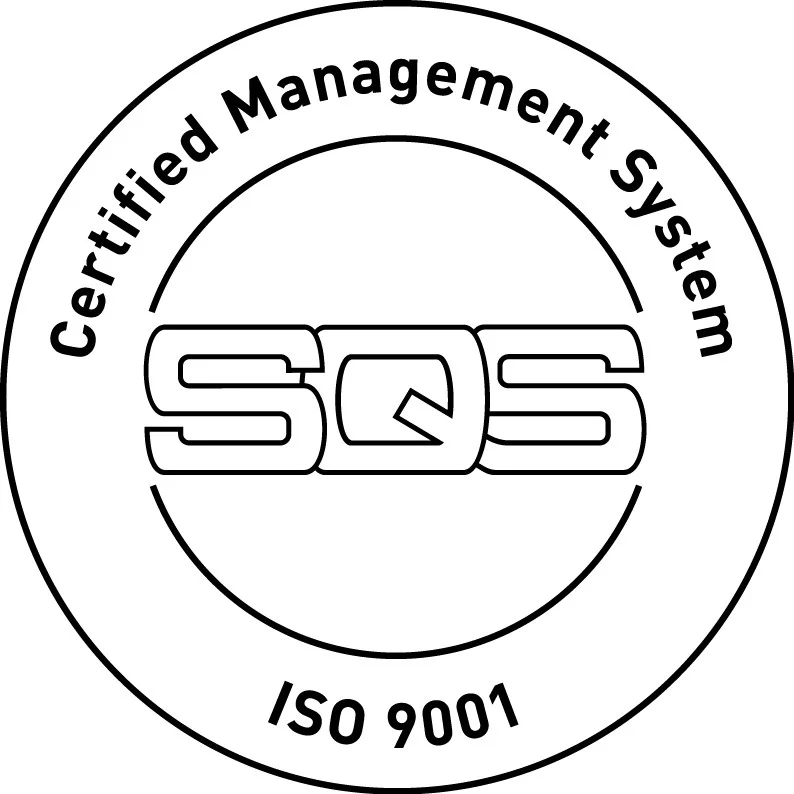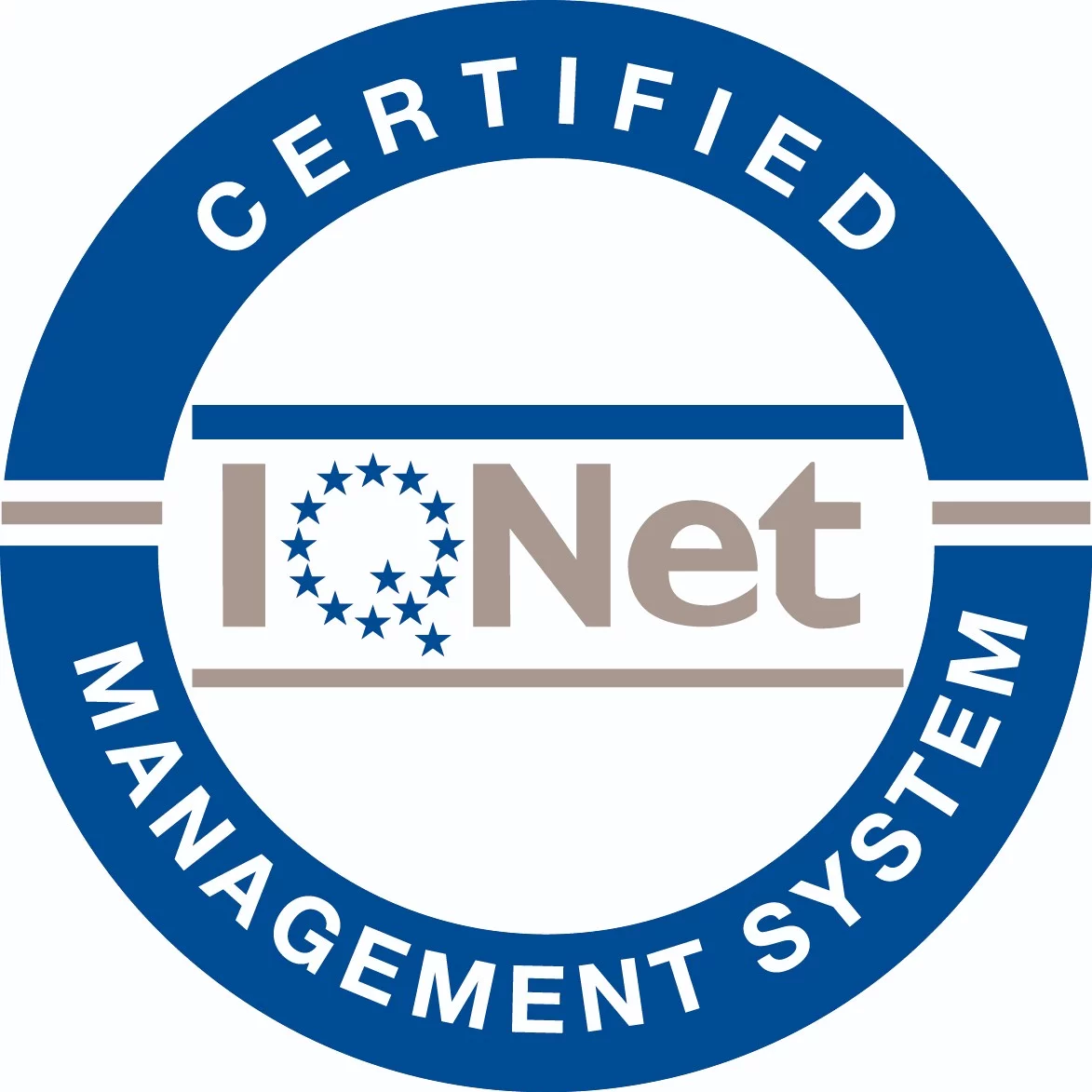Background
Following a restructuration of the Nuclear Energy and Safety (NES) research division, the LRT was born on January 1, 2018. Consisting of a merging between two former NES laboratories, namely the Laboratory for Reactor Physics and Systems Behaviour (LRS) and the Laboratory for Thermal-Hydraulics (LTH), the Laboratory for Reactor Physics and Thermal-Hydraulics (LRT) was established as a consolidated unit for nuclear safety related research, education and scientific support.
Mission
The LRT constitutes today the primary laboratory at PSI/NES for scientific issues of reactor systems and nuclear safety assessments. With emphasis on Light Water Reactors (LWR) in general and the Swiss nuclear power plants in particular, the LRT conducts analytical as well as experimental research aimed at
- the acquisition of new scientific knowledge on the complex phenomenology of nuclear safety;
- the advancement of state-of-the-art simulation methods used for safety assessments;
- the evaluation and/or updates of nuclear safety criteria to take into account changes in power production strategies, technology evolution, modernizations as well as long-term operation;
- the development of experimental facilities along with state-of-the-art instrumentation techniques for the design, realization and interpretation of measurements on real-life physical phenomena of high safety relevance and necessary for the verification, validation and qualification of computational methods.
Based on its research, the primary objectives of the LRT are to support the safe, economical and sustainable operation of nuclear reactors as well as to contribute to the education of the next-generation of nuclear scientists and engineers. At the national level, a key objective is to act as a leading and independent competence center to support the assessment of technology deployed in the domestic reactors and to confirm compliance with the Swiss requirements of highest safety standards, front-edge technology, latest scientific knowledge and secure low carbon energy supply.
Competences and Portfolio
The LRT competence areas and activities are as follows.
- Research on Multi-Physics Multi-Scale LWR Safety Analysis Methodologies and Validation
- Nuclear data, reactor physics and radiation transport for safety applications
- Plant system thermal-hydraulics, sub-channel analyses and CFD for safety applications
- Fuel thermo-mechanics and high burnup fuel safety criteria
- Uncertainty quantification and sensitivity analysis for best-estimate safety analyses
- Containment thermal-hydraulics and hydrogen management
- Severe accident simulations and source term mitigation
- Research on Experiments and Instrumentation Techniques
- Reactor Physics measurements for method validation, nuclear data enhancements and spent fuel characterization
- Thermal-Hydraulics integral- and separate effect tests for design basis-, beyond design basis- and severe accident phenomenology
- Aerosol/Iodine transport, deposition and retention in systems, structures and components during severe accidents
- Technical and Scientific Support
- Deterministic safety analyses
- Technology assessment and/or optimization for long-term economical operation
- Spent fuel management, criticality and radiation safety of storage/transport/disposal facilities
- Education and Teaching Programs
- Nuclear Data, Neutronics, Nuclear Computation Lab, Beyond Design Basis Accidents
- Supervision of Post-Doc Fellows, PhDs, Semester/Master Students/Trainees and Guest Scientists
General Contact
Research Division
Nuclear Energy and Safety (NES)
Laboratory for Reactor Physics and Thermal-Hydraulics (LRT)
Paul Scherrer Institute
5232 Villigen PSI
Switzerland
Hakim Ferroukhi
Head of the Laboratory
Office: OHSA/C10
Telephone: +41 56 310 4062
E-mail: hakim.ferroukhi@psi.ch
Petra Kull
Administration and Assistance
Office: OHSA/C18
Telephone: + 41 56 310 2685
E-mail: petra.kull@psi.ch
Quality Management
NES Open positions
Current job openings in the Research Division for Nuclear Energy and Safety



